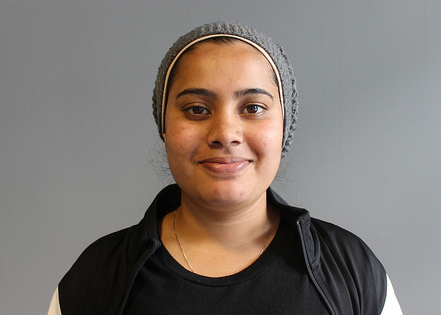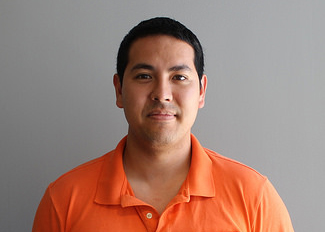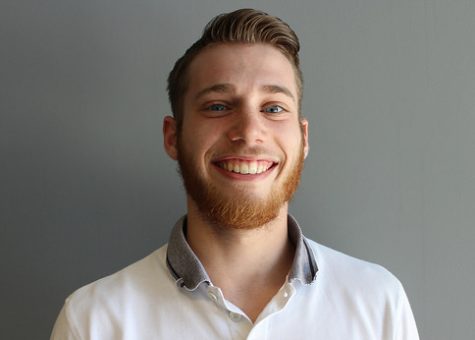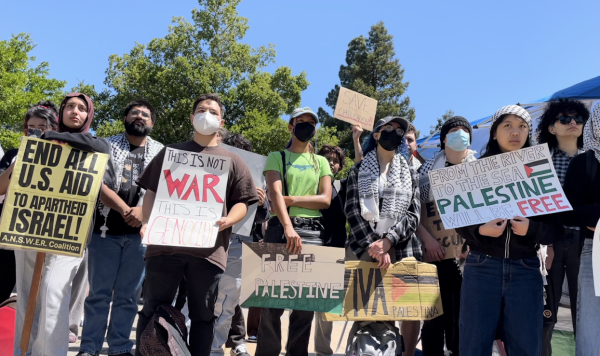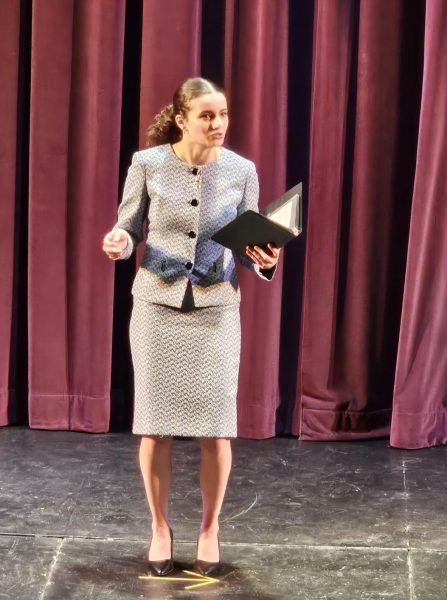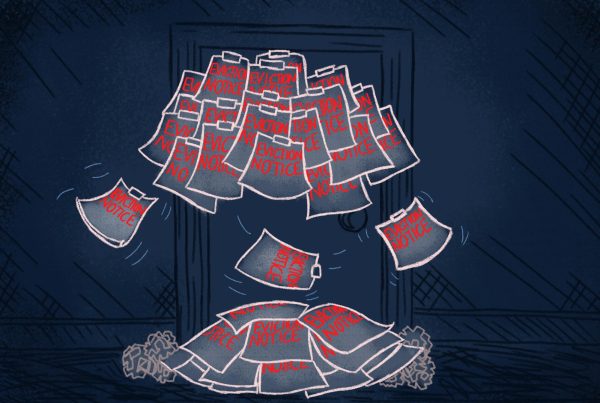Non-battle for Berkeley after previous clashes occurs near UC campus
April 28, 2017
Martin Luther King Jr. Civic Center Park, in Berkeley, was dominated by the presence of protesters, police and media Thursday afternoon.
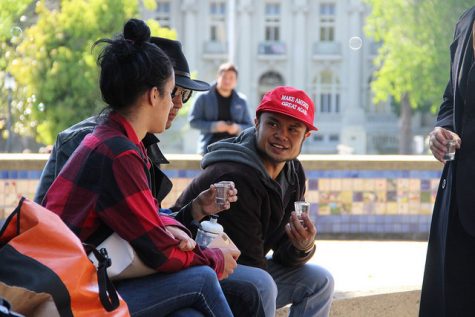
Right-wing protesters gathered at Martin Luther King Jr. Civic Center Park on Thursday, April 27 to oppose what they viewed as suppression of free speech by UC Berkeley administration.
The demonstration was a response to prominent conservative pundit Ann Coulter’s canceled speaking event after campus administration stated they would not be able to adequately ensure the safety of participants.
In the middle of the park, protesters gave speeches while two gatherers blew bubbles into the air and one man could be seen getting ready to pour shots.
Amidst the rally, some anti-fascists and alt-righters engaged in civil dialogue.
“At least we’re able to talk. If our beliefs can’t be backed up by rational debate they are not worth believing,” said Glen Abalayan, a Trump supporter and third year philosophy major at UCLA. “We may disagree, but didn’t resort to violence. Conversation got heated, but remained peaceful.”
In Abalayan’s view, the purpose of public debate is not to change the minds of people with opposing views but to influence those listening to the conversation.
Jessica Karadi, the anti-fascist who spoke to Abalayan, didn’t know how the conversation went.
Karadi felt she tried to use facts and reason in her discussion with Abalayan but she is still very worried because to her, their discussion is not just abstract conversation.
“Just the dialogue isn’t enough because inaction will still mean that dangerous aggressive policies are still happening,” said Karadi.
Through all this, one family still managed to find a quiet corner to relax under the shade of a tree and have a picnic.
Sasha from Alameda County, did not want the protest to interfere with her family outing and also wanted to expose her six-year-old daughter, Laila, to the realities of life.
According to Sasha it was a little weird seeing some of the more intimidating figures, like buffed up bikers, but nobody bothered her and the police did their thing so she felt okay.
She does not support Trump and she does not have an issue with those who do, as long as the respect goes both ways.
Sproul Plaza at 6 p.m. looked like any other college campus.
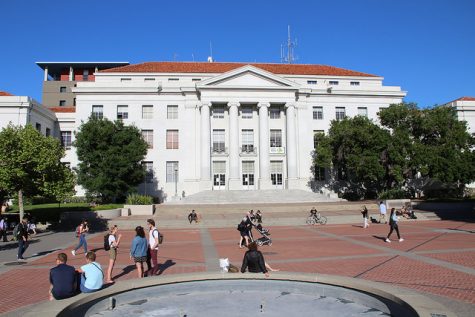
Students walked between classes or took a moment to lounge in the shade.
The big differences were orange barricades erected around the plaza and the large number of police officers, many of whom stayed busy on their phones to pass the idle time.
Arturo Roman, a 20-year-old UC Berkeley student said that the protests seem to have become routine in Berkeley and they are tiring especially with finals coming up.
While they do not affect him personally to him, they are just a distraction.
When asked why he thinks these protests keep happening, he said he thinks the Republicans are just using Berkeley as a publicity platform.
Josephine Kao, a 21 year old English and economics major, didn’t feel like anything was out of the ordinary.
Kao believes protesting is core to who Berkeley students are and she is used to demonstrations on campus.
According to Kao, free speech versus hate speech can lead to good conversations in the classroom and in a way can enhance studies.
Maggie Valentine, a 19-year-old who is majoring in economics, felt differently.
According to Valentine, the police presence and barricades gave off a different vibe and it seemed everyone was anticipating something but were not sure what. Valentine did not feel the protests impacted her studies but she felt there were a lot of misconceptions about who is starting the protests.
According to her the university was not combating free speech but instead was protecting the campus.
Not everyone shared her view though.
Fellow UC Berkeley student, Damillin Hecht, was disappointed the school is leaning towards not letting people speak saying, “For a place to be of higher learning you have to be willing to listen to both sides.”





































































